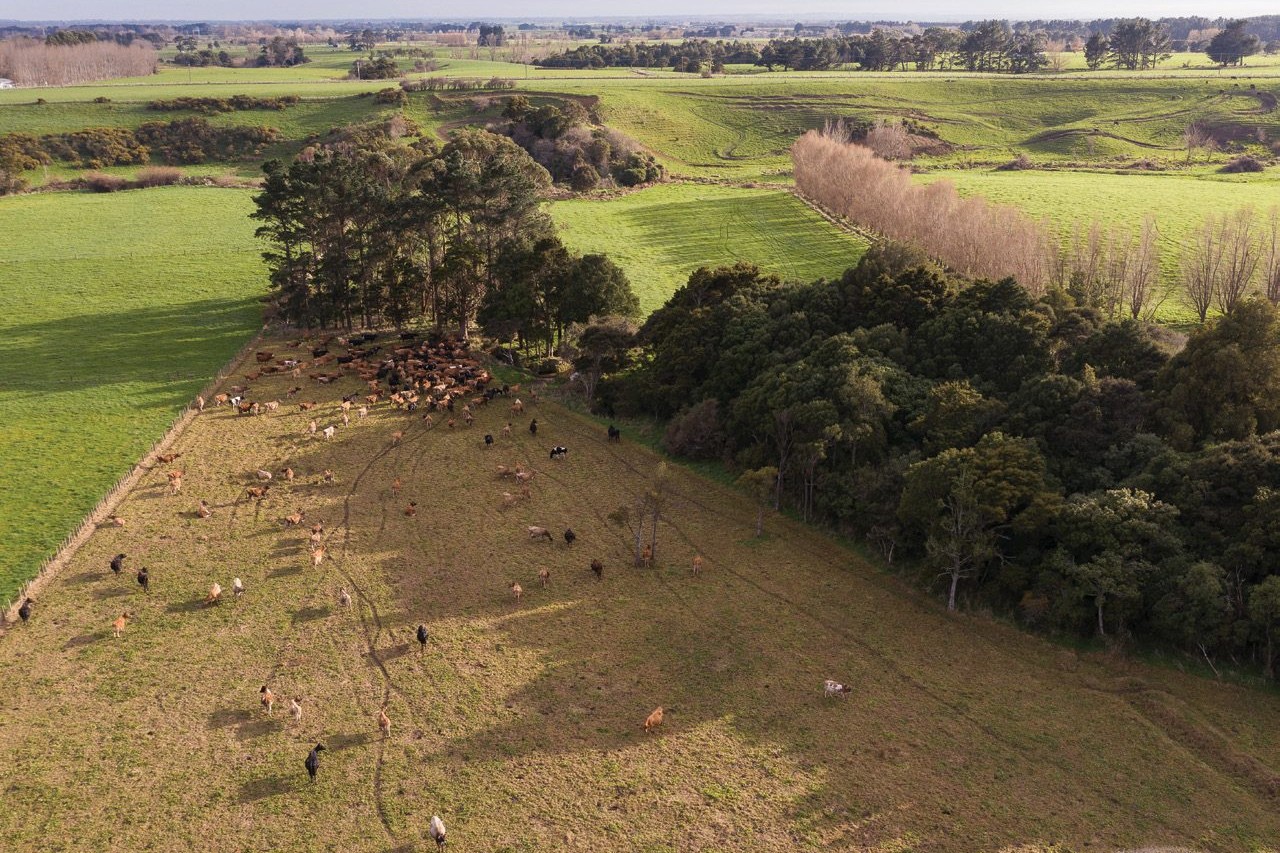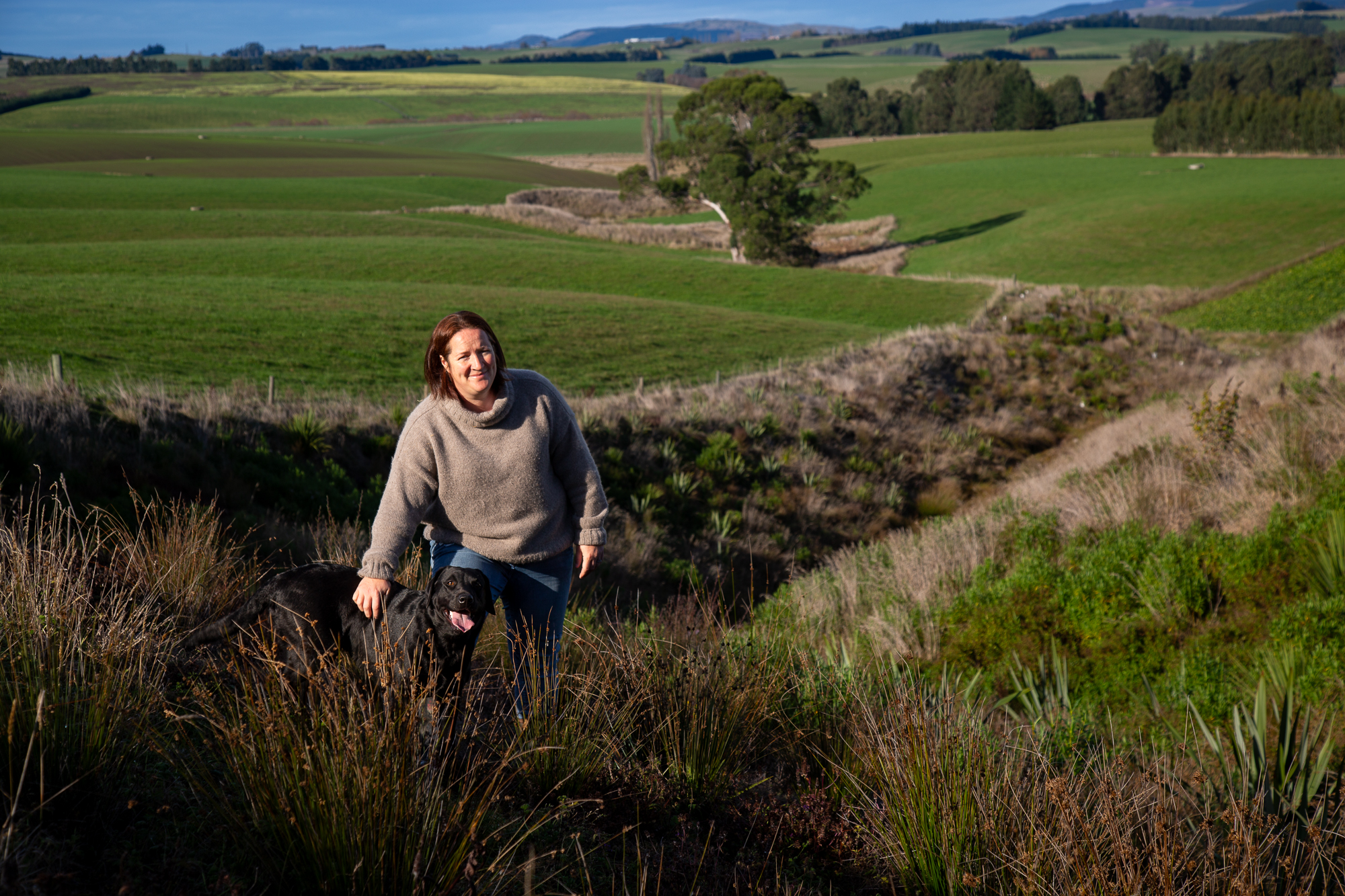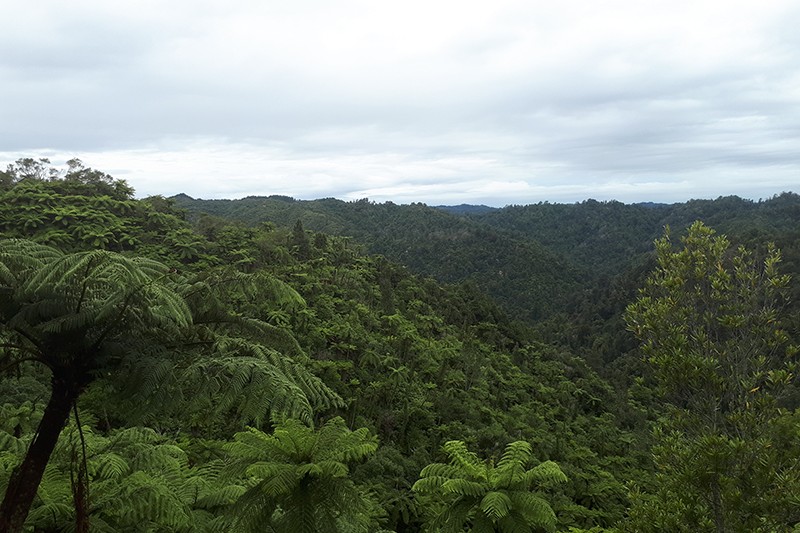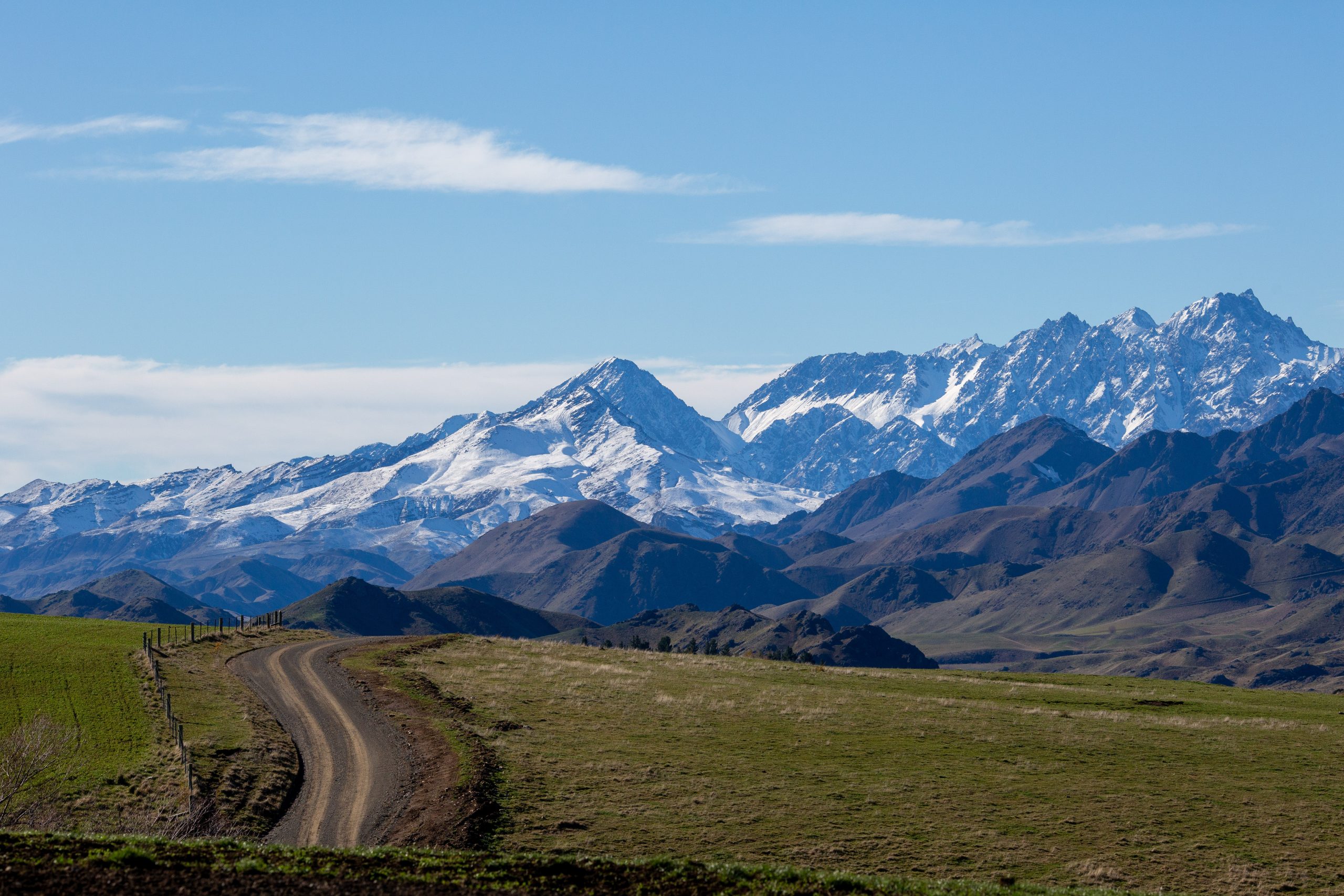He Waka not good enough – survey
By Lynda Gray

Further investigation of emission pricing options is desperately needed, farming advocacy organisation Groundswell says.
The He Waka Eke Noa proposed pricing options were poorly negotiated by industry representatives, it says. There should have been more input from farmers, and major changes made before the discussion document went out for consultation.
Groundswell got farming industry feedback on the He Waka proposals from an online December survey which attracted responses from 2417, of which half were farmers.
While purists will argue that the response rate is not statistically significant, there’s no arguing that it’s reflective of the undercurrent of concern across rural New Zealand.
Based on the survey results Groundswell will be pushing for more investigation of other pricing options. He Waka mentions four other pricing options considered but not pursued. A split-market cap and trade scheme was worthy of further investigation, according to Groundswell. Under the system two emission caps would be set: one for short-lived and another for long-lived gases. Farmers would surrender units according to emissions over a set period and could buy more units. The price paid would be set by supply and demand.
Groundswell will also seek more clarity on the methane reduction target. In the survey 97% said they wanted more information before agreeing to any pricing mechanism because the methane target will directly influence the price paid by farmers.
The Government has agreed to cut biogenic methane levels by 10% on 2017 levels by 2030 However, modelling based on current environmental policies has estimated a reduction below 2017 levels is possible if agricultural sector methane emissions are cut by just 3-4%, and nitrous oxide by 2%.
Another big concern of survey respondents were administration costs. The farm-level levy would cost $113 a year to run ($63 million cost to farms in time spent reporting, and $50m operational costs). An estimate for the administration cost of the processor-level hybrid levy was not included in the He Waka document but was described as a “low-cost system to collect revenue”.
“These results indicate that He Waka is going to have problems if major changes are not made. “
Groundswell is concerned that the February consultation may be farmers’ last chance to influence the process, but that the vote on the final proposal by farmer organisation levy bodies will not reflect farmer views.
“We may end up putting forward our own solutions during the consultation period if He Waka does not lift its game.”




